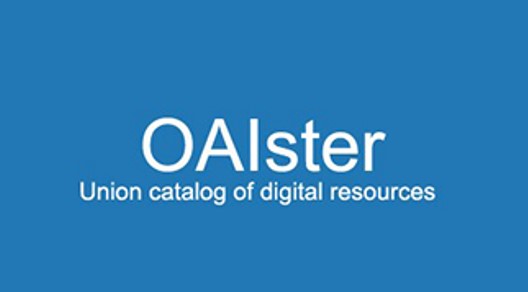EMPIRICAL ANALYSIS OF CORRUPTION AND ITS EFFECTS ON ECONOMIC GROWTH AMONG COMESA COUNTRIES
DOI:
https://doi.org/10.5281/zenodo.13774585Keywords:
CORRUPTION, REGIME CHANGE, ECONOMIC GROWTHAbstract
Corruption is rampant in most of African countries. This article empirically analysed the effects of corruption on economic growth while controlling for regime change among the COMESA countries. The findings indicate a negative influence of corruption on economic growth. Corruption diverts public funds and resources away from productive investments towards inefficient or non-essential projects, leading to suboptimal economic outcomes. High levels of corruption deter both domestic and foreign investment by increasing the costs and risks associated with doing business. This limits capital inflows necessary for economic expansion. COMESA countries with high levels of corruption face significant challenges in functioning properly and achieving economic prosperity, leading to widespread suffering. In such economies, resources are inefficiently allocated, and government contracts are often awarded to unqualified companies through bribery or kickbacks. This degradation extends to critical sectors like education and healthcare, lowering the overall quality of life for citizens. Furthermore, corruption poses a major barrier to international investment. While investing in emerging economies remains attractive, investors are understandably cautious about risking their capital in countries where corruption is pervasive.
Downloads
Published
How to Cite
Issue
Section
License

This work is licensed under a Creative Commons Attribution-NonCommercial-NoDerivatives 4.0 International License.





























